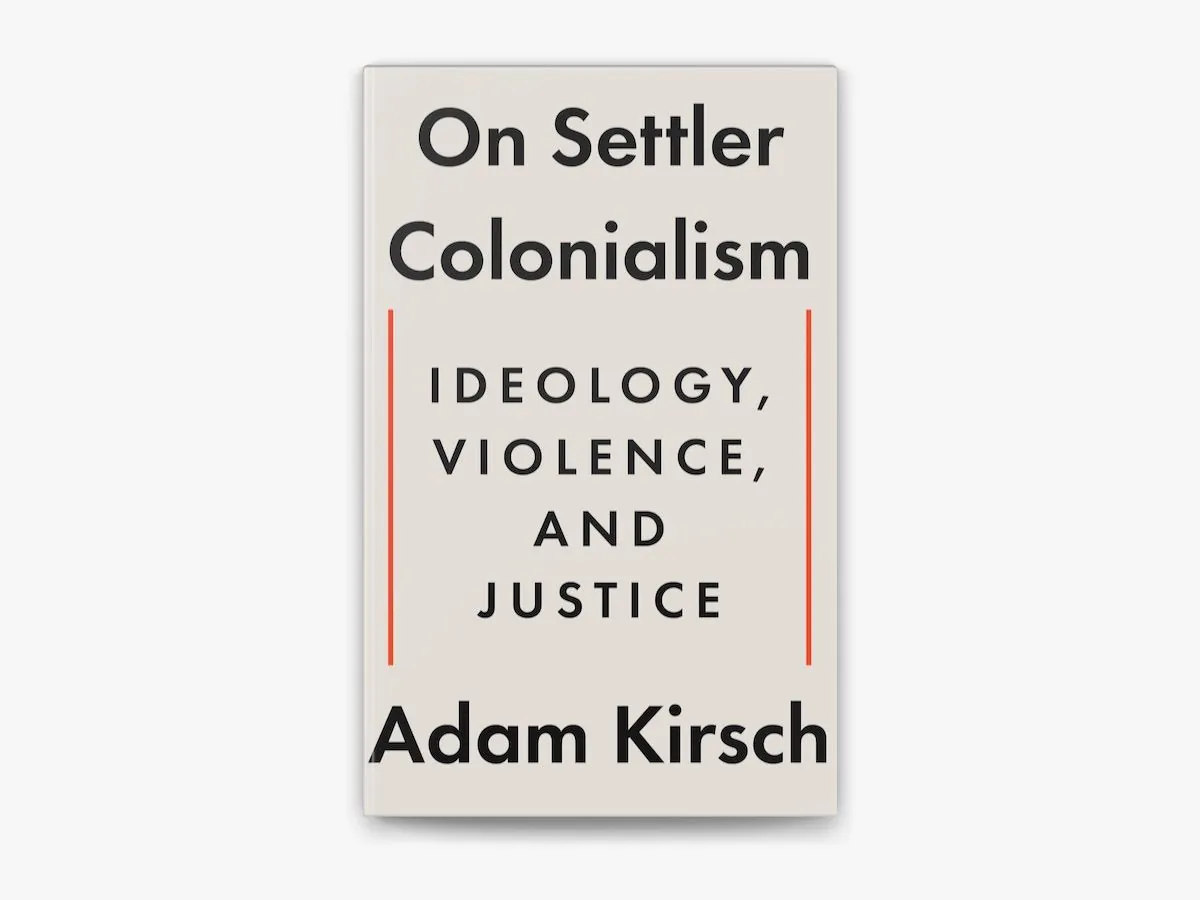New book challenges modern views on settler colonialism and Middle East conflict
A thought-provoking analysis of settler-colonial ideology and its impact on current Middle East events. The book explores how this concept shapes modern political discourse and affects real-world conflicts

Adam Kirschʼs upcoming book (coming out next summer) takes an un-expected look at settler colonialism; focusing not on historical facts but on its modern-day ideological impact
In his 160-page work Kirsch points out how young educated Americans use this concept which he thinks leads to problematic moral conclusions. The timing of this book is note-worthy: written during the aftermath of last falls Hamas attack on Israel (when many college students and activist groups showed support for Hamas actions)
For many academics and activists describing Israel as a settler colonial state was a sufficient justification for the Hamas attack
The concept has an interesting past - it first appeared around 60 yrs ago gaining popularity in academic circles but its modern use is quite different. Here are places where people commonly apply this term today:
- Tibet and Xinjiang under Chinese control
- Kashmir under Indian rule
- Western Sahara and Moroccan presence
- Northern Cyprus Turkish settlements
- Israeli-Palestinian territories
The books second half focuses on Israel-Palestine issues where Kirsch argues against calling Israel a colonial project – though he dont fully support all its policies. His main point: Israel didnt destroy local populations like other settler-colonial states did
The author suggests a middle-ground solution that needs both sides rights to be respected but misses some key points about land ownership. Its worth noting that when Zionist movement started in late 1800s local Palestinians made up 95% of the population
The text raises important questions about how to mix historical facts with todays reality – suggesting we need both colonial understanding and recognition of two different groups rights. However it fails to give clear answers for solving current problems in the region





























